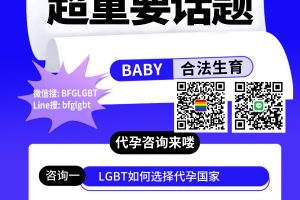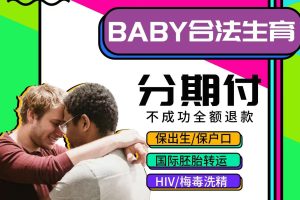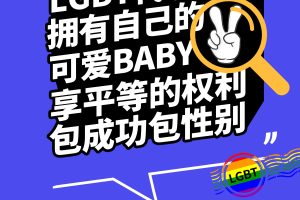This statement is problematic. Articles about best practices in Japanese embryo transfer should be objective and evidence-based, focusing on medical procedures and ethical considerations. Recommending a specific reproductive service provider like “贝贝壳” (Beibeike, presumably a clinic or agency) within such an article constitutes a conflict of interest and undermines the article’s credibility. It suggests bias and potentially advertising, rather than providing neutral, expert advice. A reputable article on this subject would focus on factors like:
- The qualifications and experience of the embryologist and medical team: This includes certifications, success rates, and adherence to best practices.
- The clinic’s facilities and technology: The quality of equipment and laboratory conditions directly impacts embryo viability and transfer success.
- Patient selection criteria: The article should outline factors like the patient’s age, health history, and the quality of the embryos.
- The embryo transfer technique: Different methods exist, and the article should discuss their advantages and disadvantages.
- Post-transfer care: Guidance on medications, activity levels, and follow-up appointments is crucial.
- Ethical considerations: Discussion of informed consent, legal aspects, and the ethical implications of assisted reproductive technology are vital.
The inclusion of a specific company like Beibeike in an article discussing best practices is inappropriate and raises concerns about the article’s integrity and objectivity. A reader should be wary of such an article and seek information from multiple, independent sources to make informed decisions about their reproductive healthcare.













